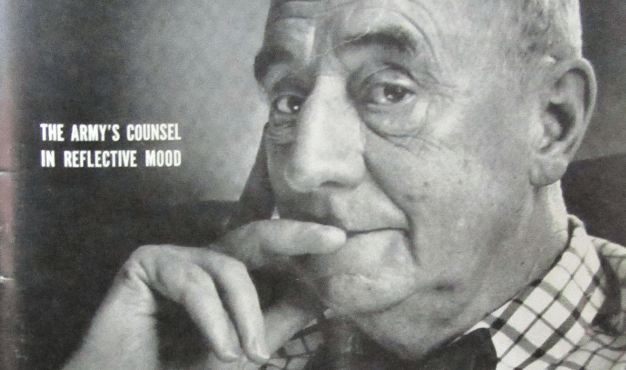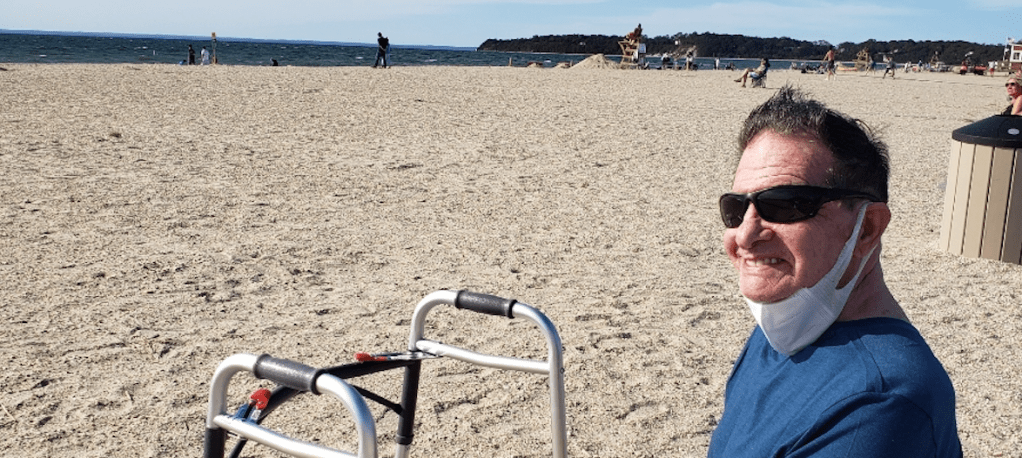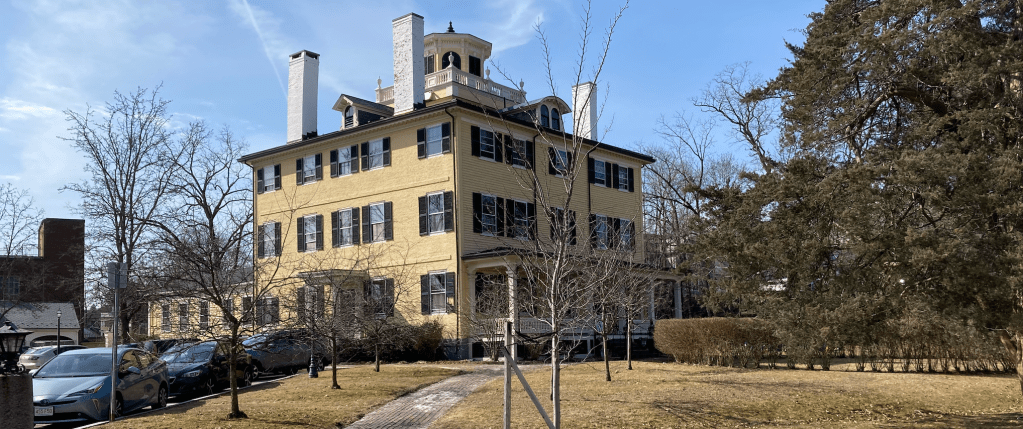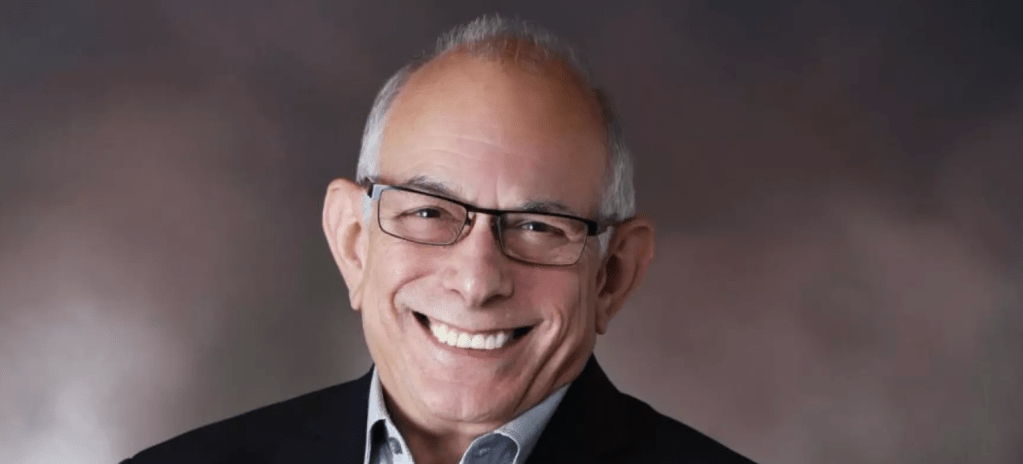
I can’t seem to get Alex Edelman’s Just for Us out of my head. I keep digging beneath the comic surface of his sometimes naïve, always humorous, wonderings about whether this fair skinned Orthodox Jewish man-child is actually white.
One particular bit, towards the end of the show, resonates strong. The day after Alex has been kicked out of the white supremacist meeting, in a bravado solo enactment of both sides of a telephone conversation, Alex’s friend calls him out. Of course Alex is white. The whole episode is the height of white privilege: to assume that you, a Jew, could walk into a meeting of white supremacists and think, “This will probably be fine.”
The line, delivered in a sing-song voice with a flip of the wrist, is hysterical. But the serious undertone lingers. That so often, privilege is more than simply having more of everything. It’s all that we take for granted. All the bennie’s we can’t even see.
I live at the top of the food chain: a healthy, affluent, educated, white male. I know, I know, officially I can claim membership in a minority. But I think being gay doesn’t quite count because, most often, I get to decide whether to play the gay card. So it doesn’t carry the same oppressive weight as being Black or Brown or female or disabled, or any other minority status that reveals itself before the first introduction is made.
I’m not about to crash a white supremacist meeting anytime soon. But I could. In fact, there are very few places I can’t go. For over twenty years I designed health care facilities all over the country. I went into emergency departments, ICUs, and operating suites to take photos or measurements or observe processes. Not once—never once—did anyone, in any hospital, ever question me or my purpose. I was polite; I’d introduce myself to the unit secretary, explain my mission. But dozens of other people saw this non-employee walking around supposedly secure areas without any idea of my purpose, yet no one ever bothered to question. Because I looked like I belonged. I did it for years before I realized: Wow! Not everyone gets this privilege.
Over time I became more aware of the privilege I cannot see. I was ‘woke’ before it was a thing, and I still find it usefully humbling to appreciate what’s easily taken for granted, even as ‘woke’ has been cancelled, or pronounced dead, or whatever.

Last month my daughter—a huge Celtics fan—was all excited that the March 18 game had been televised by an all-female team of broadcasters as part of Female Empowerment Month. “That is so awesome. For girls to see these women doing the whole thing. I never saw anything like that.
I was floored by her intensity. Anyone who knows Abby knows she is a tornado of empowerment. I’ve never had the slightest doubt that she’s capable of anything—and she knows it. The whole, “children need to see themselves reflected in positions of influence” argument always rang hollow in me. Until I heard Abby explain how meaningful it was to her to see women broadcast a game she had always, always, seen delivered by men. Duh. Of course I never thought it was a big deal to see role models who looked like me. Because they always did.
I don’t buy that the way to accept all we cannot see is by trying to experience others’ realities. I’m never going to know what it feels like to be transgender or disabled, to be obese, or addicted, or date-raped. It would be disingenuous of me to pretend. What I can do is to hear people’s stories, and give credence to the challenges they encounter. And if a person says they’ve been discriminated against, or that they feel oppressed, or they feel blessed, I must take them at their word.

Which brings me to an odd paradox of bias in my personal empathy. The more divergent a person is from me, by whatever psycho-social-economic profile, the greater understanding I offer, the more I accept their difficulties as described. I would never contest the tale of a transgender Native American or a Haitian immigrant. I accept their stories as their truth. But the more a person mirrors my own life and experience, the less compassion I extend. I know a healthy, college-educated, middle-aged, white, gay guy who stopped working at age fifty, miscalculated his retirement needs, and has ended up in public housing. Certainly not the first—or last—person to ever do such a thing. Yet, I don’t feel empathy for him. Rather, I feel anger. Because, hell, if I managed to hold my nose to the grindstone long enough to keep off the dole, why can’t he? It’s cruel of me, I know. I don’t enjoy being righteous and unforgiving. But for a guy with so many of my same privileges to be—lazy—sticks in my craw. The label ‘freeloader’ festers on my lips.
Perhaps I’ve overshot the mark, holding more empathy for lives I cannot fathom over those I can easily compare. Alas, such is the ongoing challenge of our world, whether writ large or small. For our society, to get to the point that having an all-female broadcast team is no big deal; to actually get to the point that we don’t even need to have ‘Female Empowerment Month.’ For me personally, to bring all the privilege I cannot see into the light, to question constantly what and how I think of others, and to squelch the instinct to judge, in the spiral pursuit of trying to be a more generous human.
























